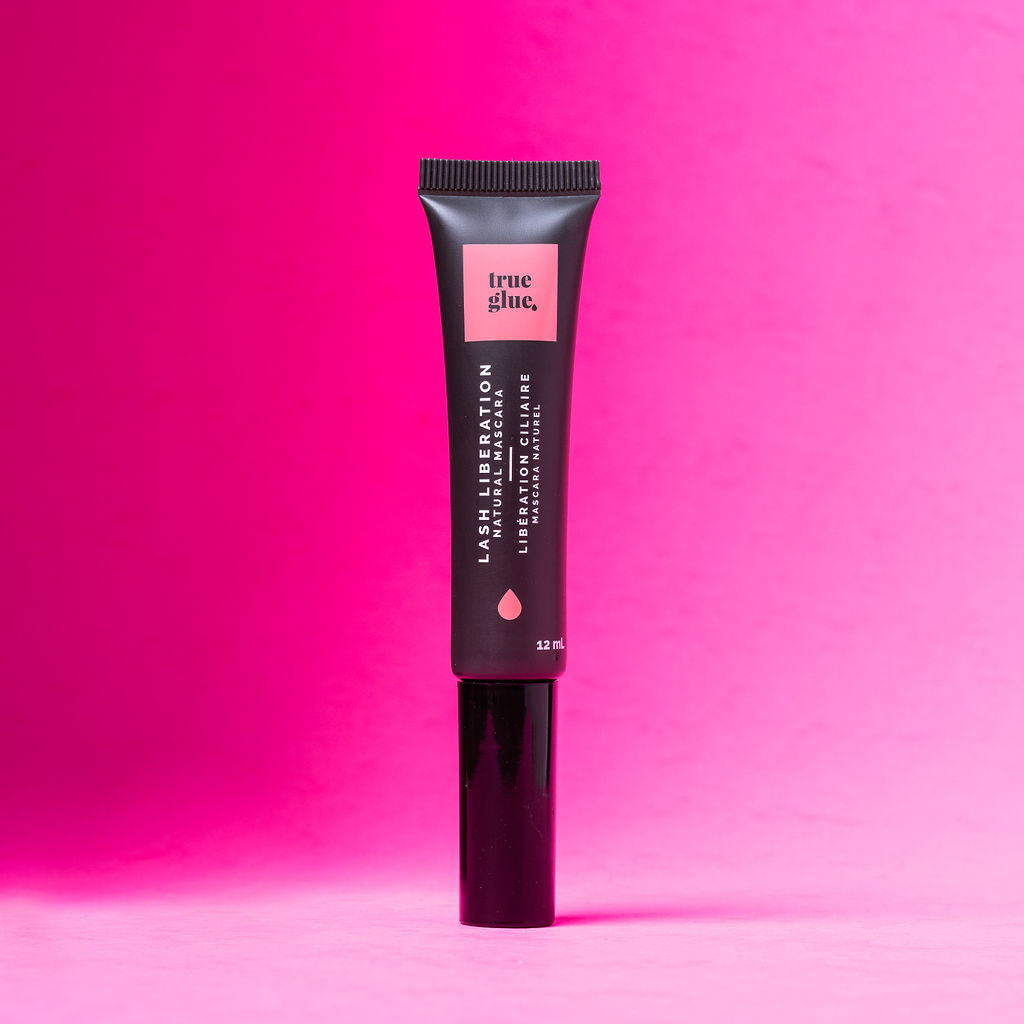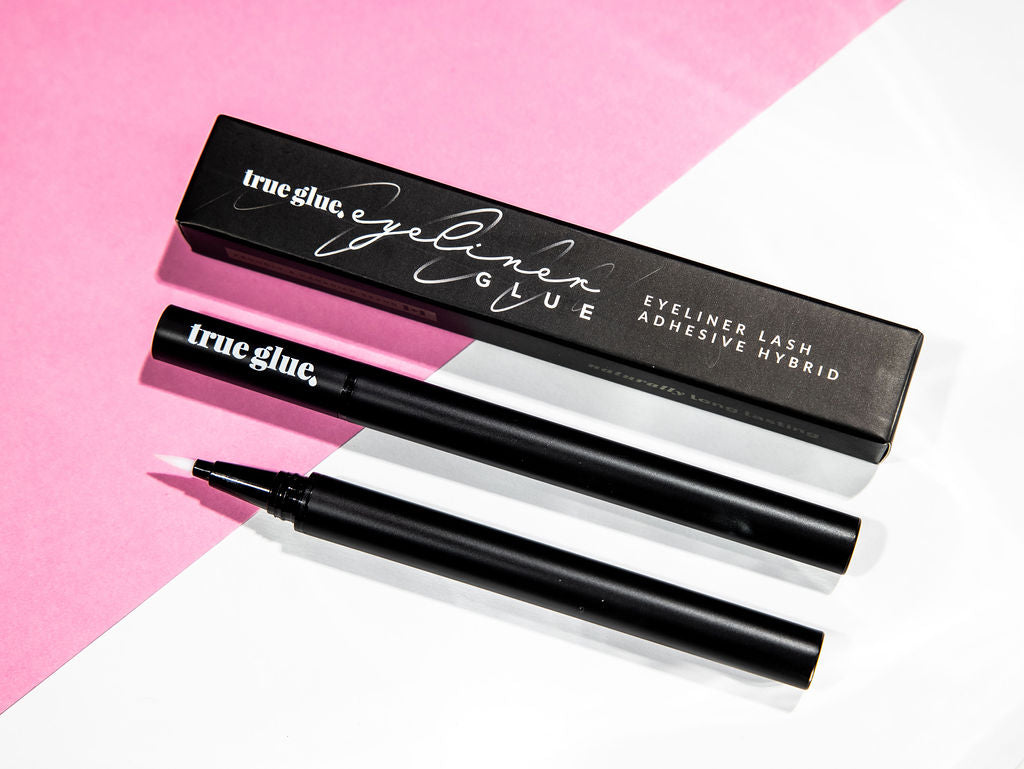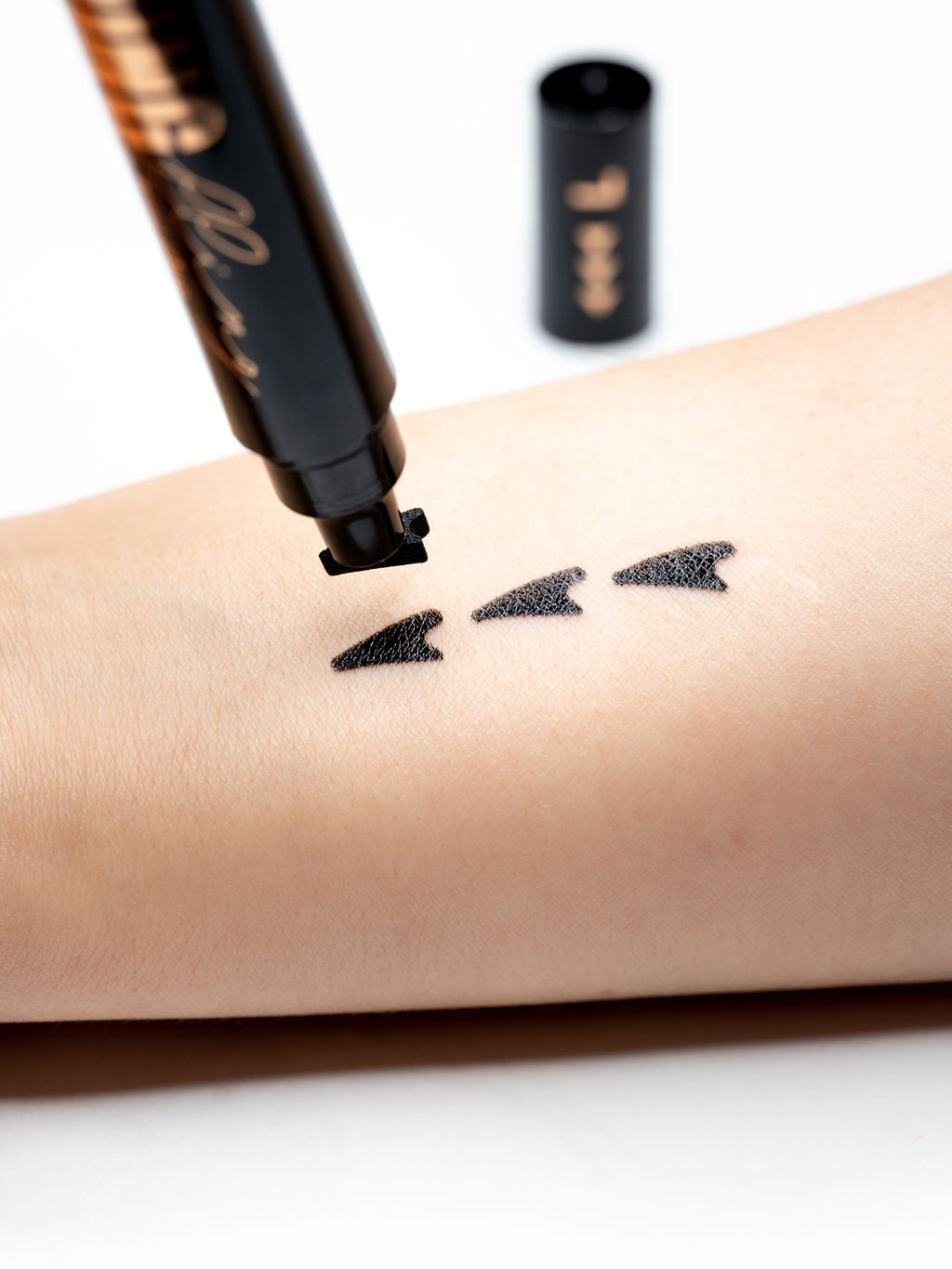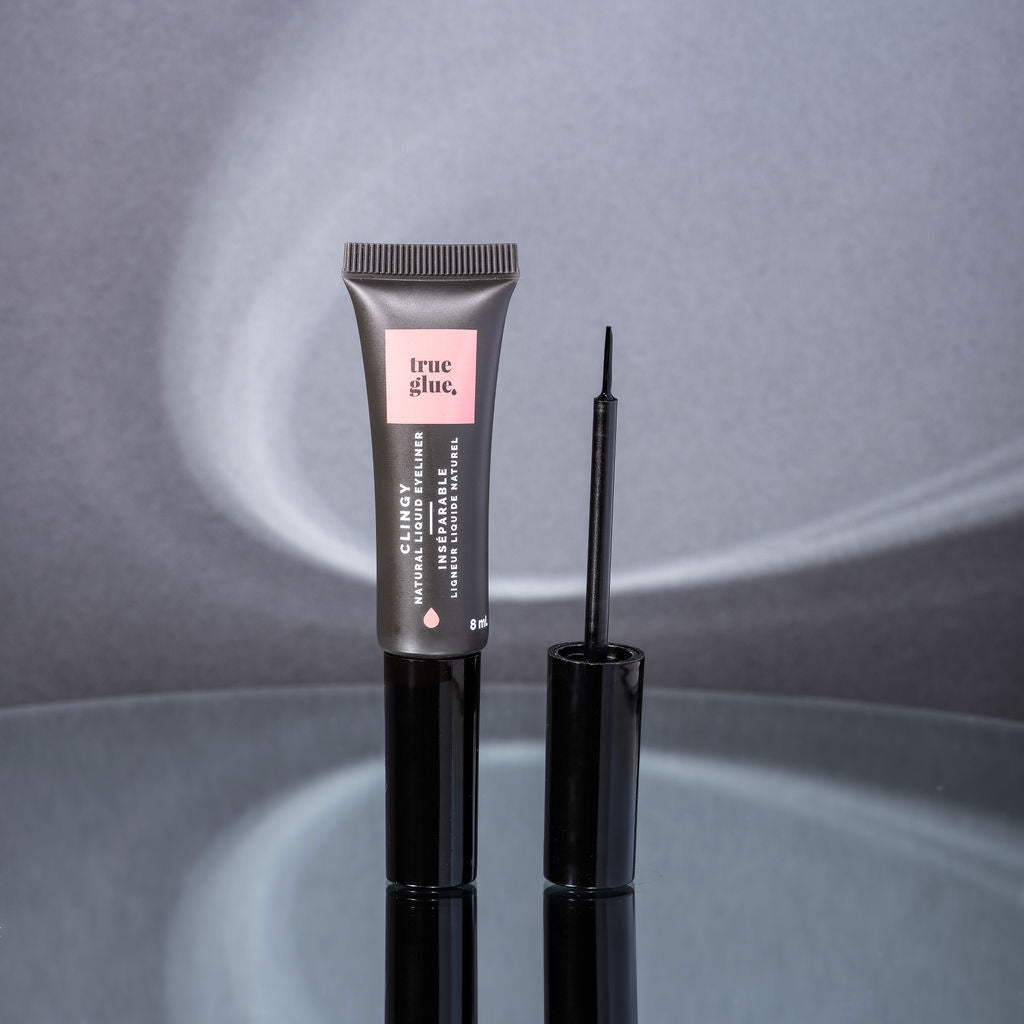Consumers often face the dilemma of choosing between natural and synthetic products. While synthetic cosmetics may seem more affordable initially, the long-term value and benefits of natural cosmetics can make them a more sensible investment. Let's explore various aspects of this comparison, backed by facts, to help you make an informed decision for your beauty routine.
Ingredient Quality and Safety
Natural cosmetics are typically made from plant extracts, essential oils, and naturally-derived substances. According to the Environmental Working Group (EWG), natural cosmetics are free from harmful chemicals such as parabens, phthalates, and synthetic fragrances, which significantly lowers the risk of skin irritation, allergies, and long-term health issues, including Breast Cancer. For instance, a study published By the NIH found that parabens can mimic estrogen and potentially disrupt hormone function. In contrast, synthetic cosmetics often contain these artificial compounds and chemical preservatives.
Efficacy and Skin Health
When it comes to efficacy and skin health, natural cosmetics often prove superior. They are rich in vitamins, antioxidants, and nutrients that nourish the skin and promote its natural functions, supporting long-term skin health. For example, a study from the National Institutes of Health (NIH) highlights the antioxidant properties of natural ingredients like vitamin C and E, which protect the skin from damage and aging. Natural cosmetics are typically sustainably sourced, reducing the environmental impact. Synthetic cosmetics, on the other hand, may provide immediate results but often at the cost of long-term skin health.
Cost Analysis
Examining the cost analysis, natural cosmetics may have a higher upfront cost due to the quality of ingredients and sustainable practices involved. However, they often lead to long-term savings by reducing the need for multiple products and treatments, thanks to overall skin health improvement. Consumers who invest in high-quality natural products often spend less on additional treatments and repairs for skin damage, ie - the ugly side of synthetic cosmetics. This results in a higher long-term value due to lasting skin benefits and reduced health risks.
Environmental Impact
The environmental impact of natural and synthetic cosmetics also varies significantly. Natural cosmetics are often packaged in recyclable or biodegradable materials and support environmentally friendly farming and production methods. Synthetic cosmetics, contribute to environmental pollution through their production and disposal processes. According to a study by the United Nations Environment Programme (UNEP), synthetic products often rely on petroleum-based ingredients and other non-renewable resources, leading to excessive packaging and non-biodegradable materials that contribute to waste and environmental degradation.
While synthetic cosmetics may offer an appealing price tag and immediate results, the long-term value of natural cosmetics is clear. Investing in natural beauty products supports your skin's health, reduces your environmental footprint, and promotes overall well-being. By choosing natural over synthetic, you are making a commitment to sustainable beauty and a healthier future.
When considering the cost of beauty, it's essential to look beyond the initial expense and evaluate the long-term benefits and values. Natural cosmetics may require a higher upfront investment, but their positive impact on your health, skin, and the environment makes them a superior choice in the long run.














